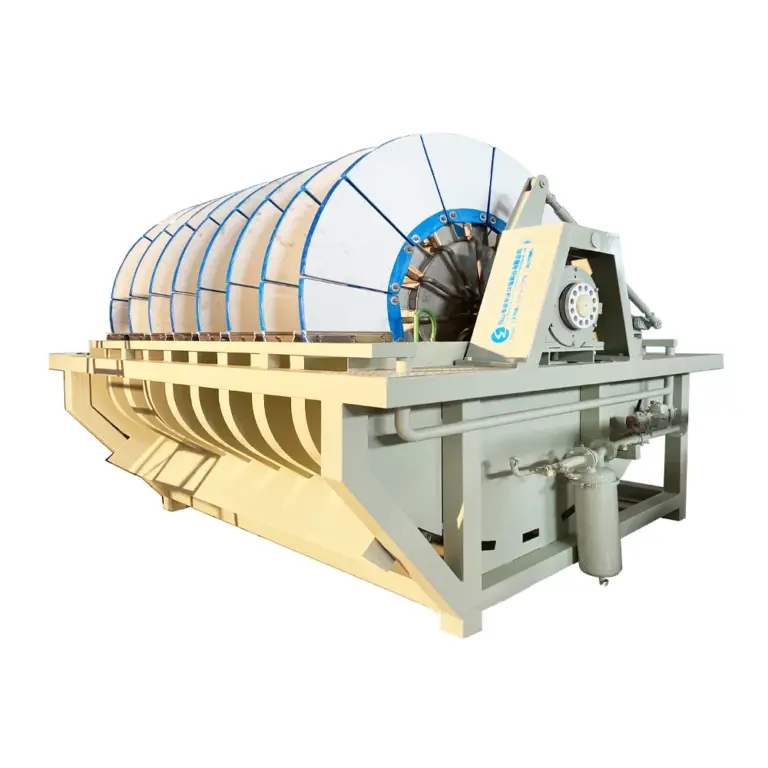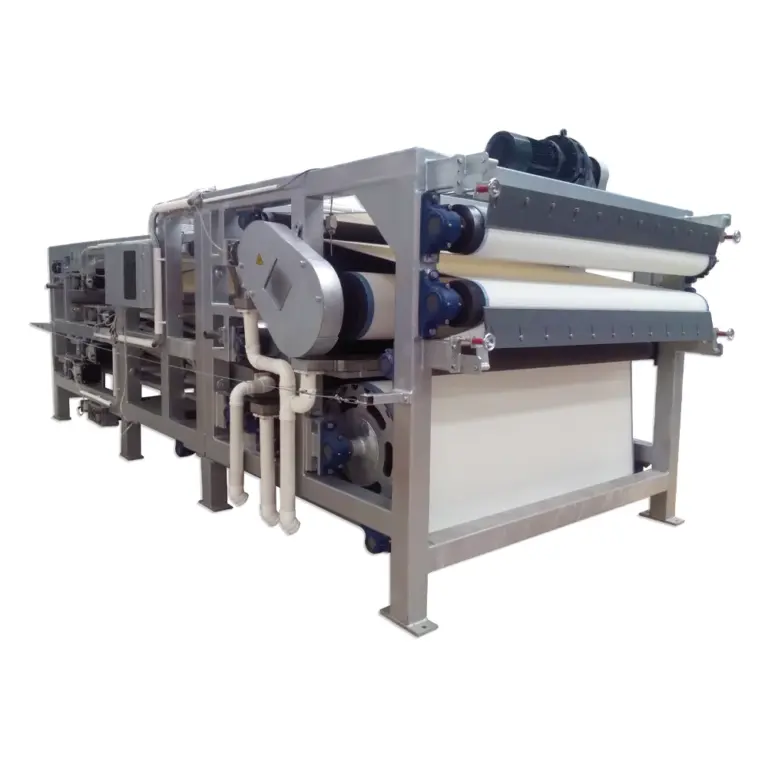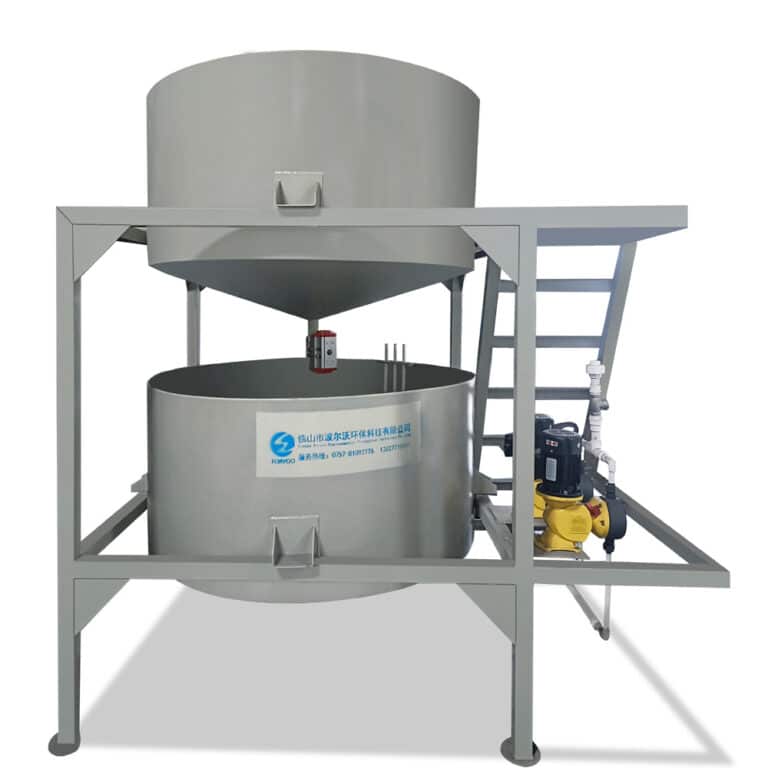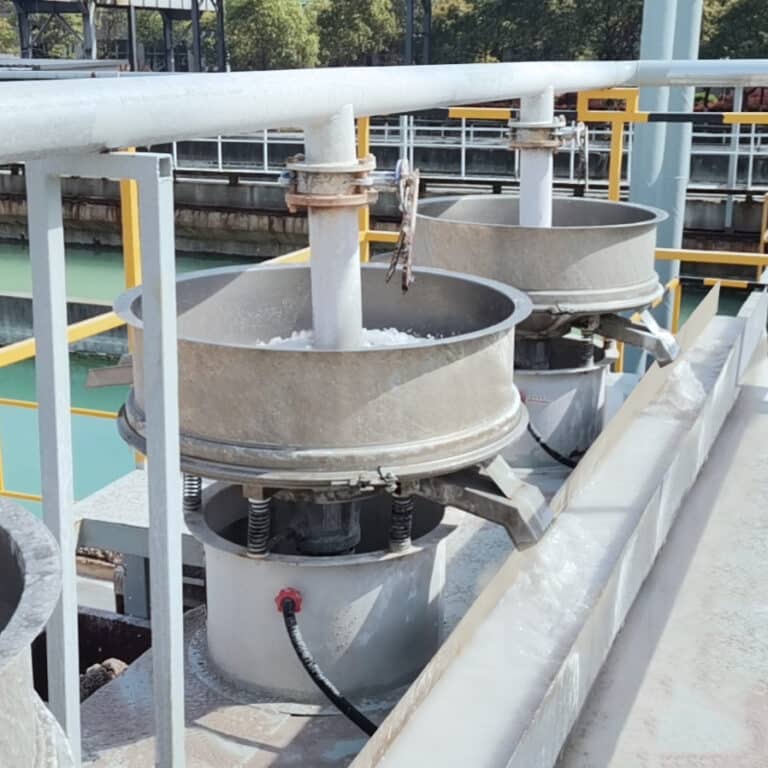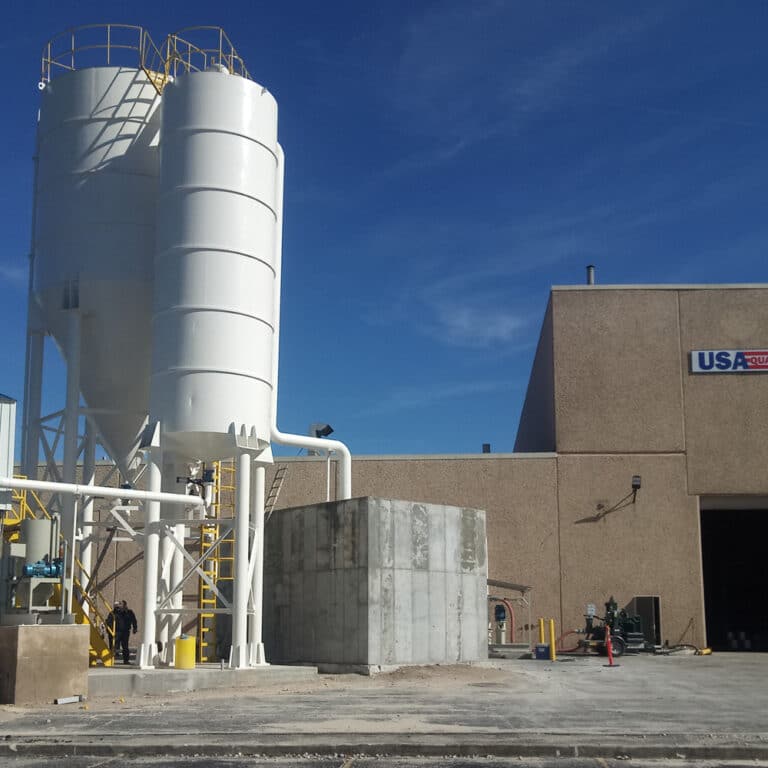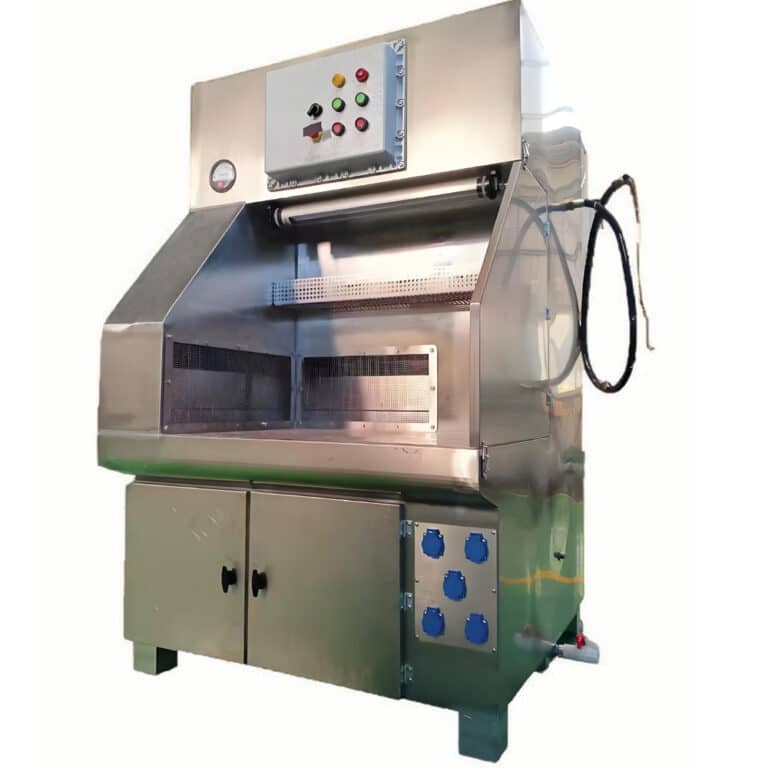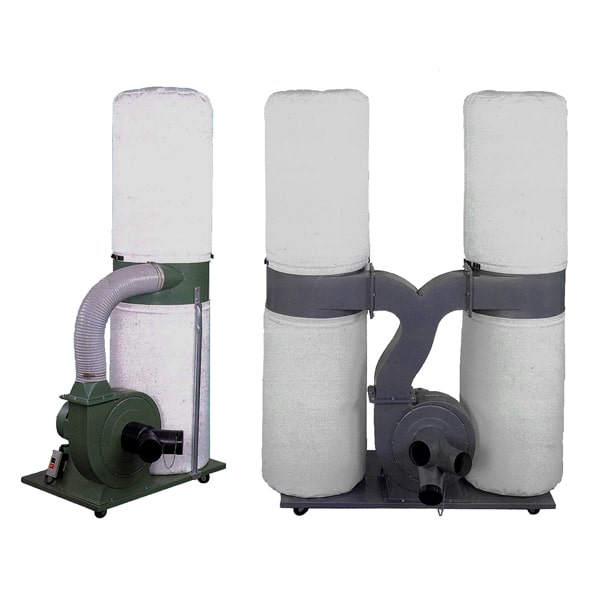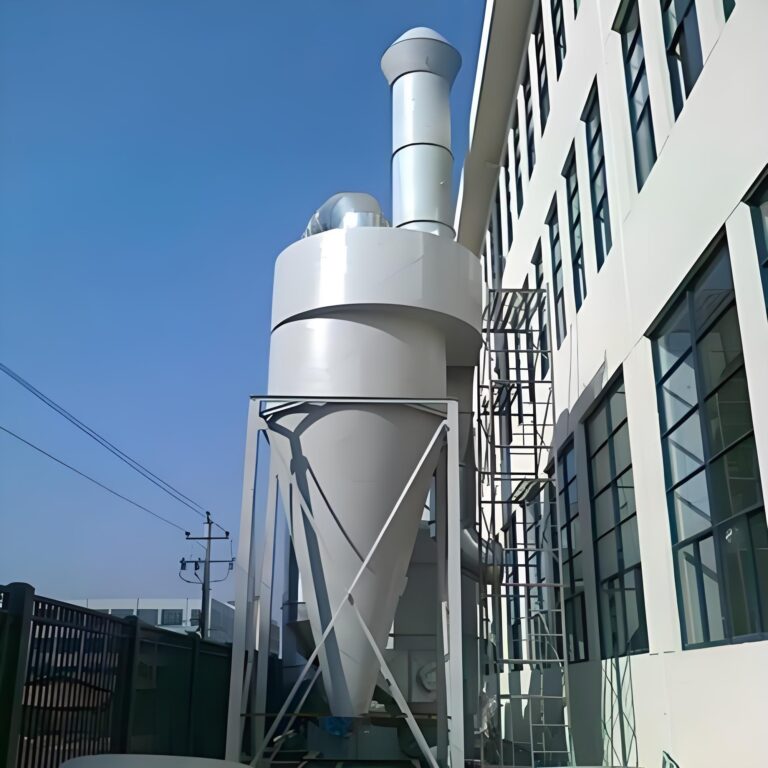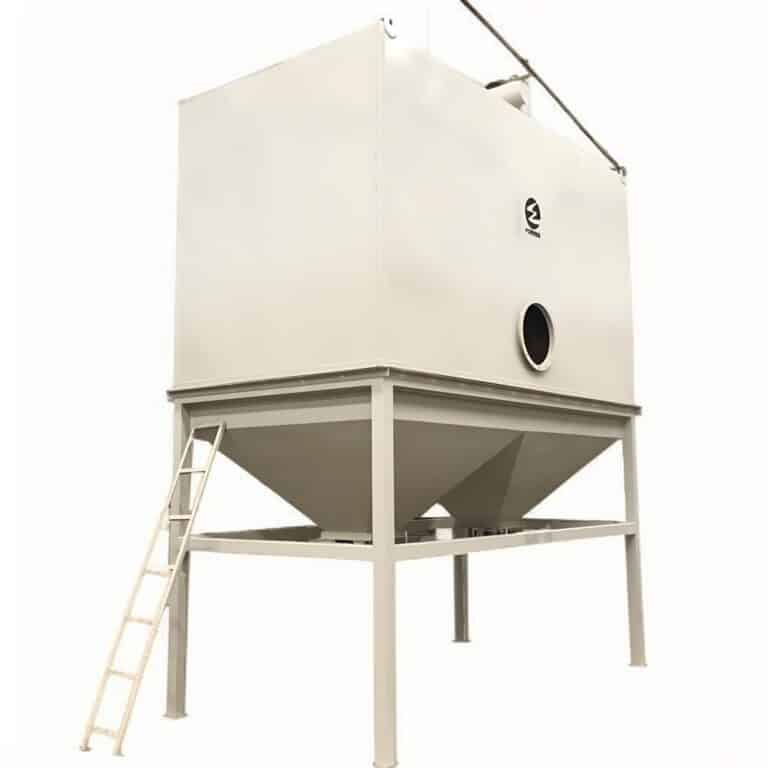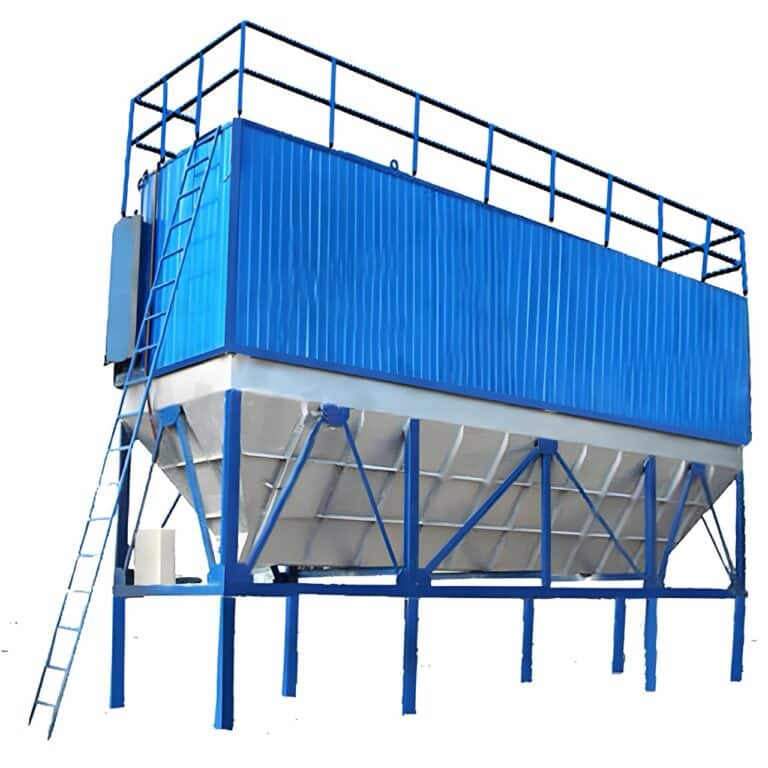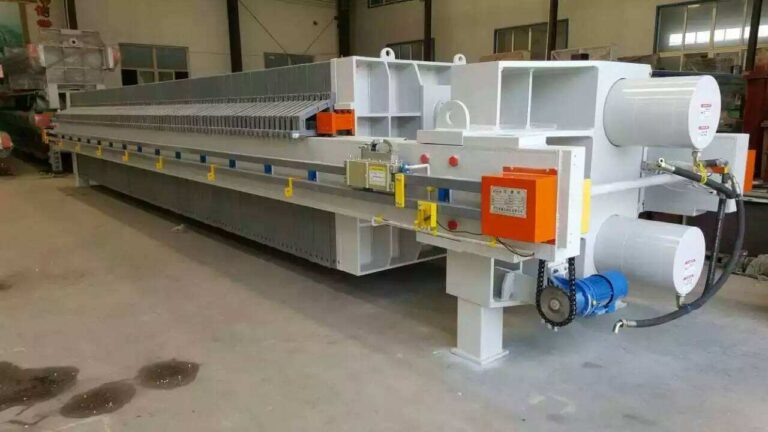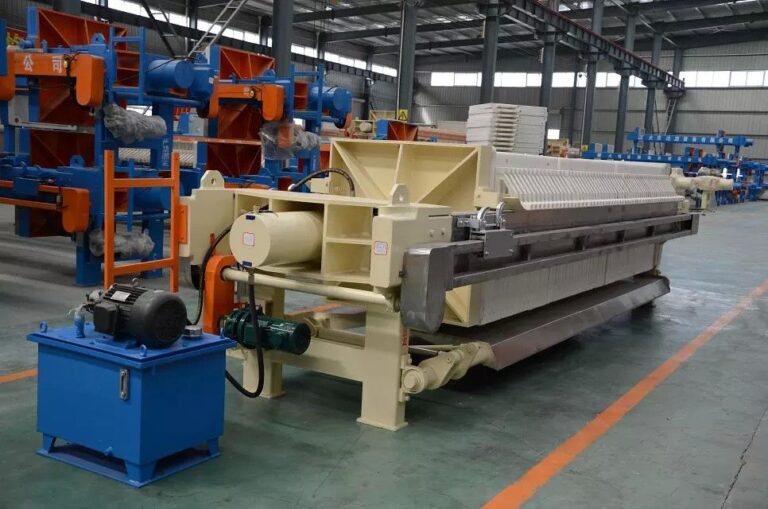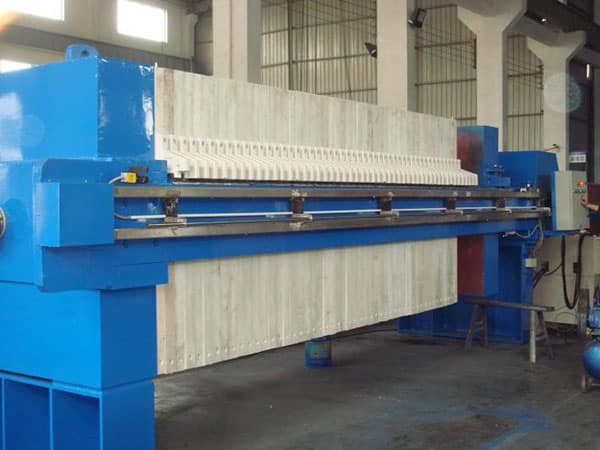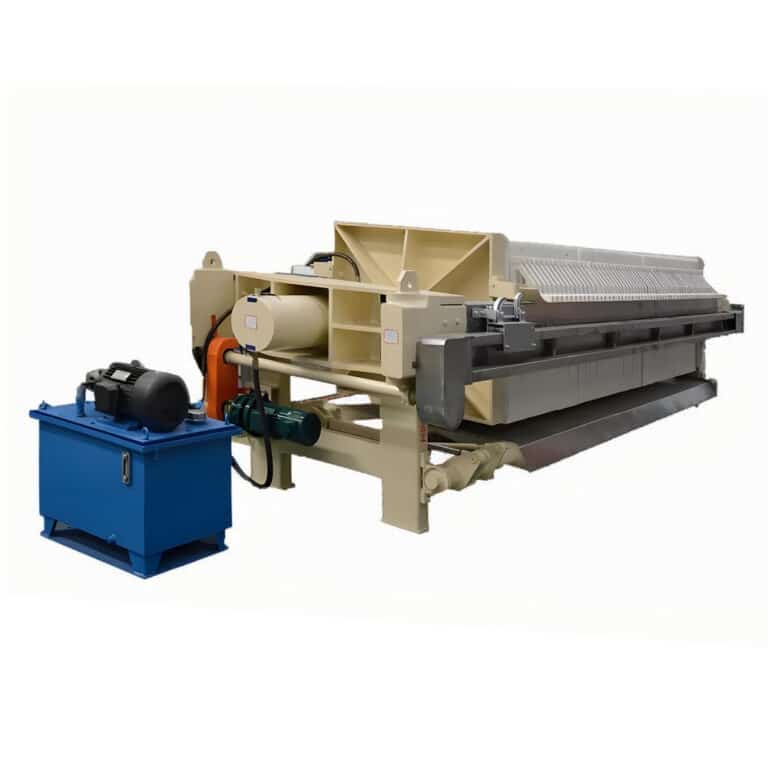An industrial water treatment buying guide serves as a strategic roadmap for organizations seeking to procure water and wastewater treatment solutions. Unlike simple product catalogs, a comprehensive buyer guide addresses the entire procurement lifecycle, from initial needs assessment through vendor selection, system implementation, and ongoing support relationships.
The industrial water treatment market presents unique challenges that distinguish it from consumer or light commercial applications. Industrial processes generate complex waste streams containing diverse contaminants, requiring specialized treatment approaches. According to recent industry research, over 68% of industrial facilities report difficulty in evaluating competing treatment technologies due to the technical complexity and varying performance claims.
A structured approach to vendor selection becomes critical when considering the long-term implications of water treatment investments. Industrial systems typically operate for 15-25 years, making initial vendor selection decisions particularly consequential. The guide framework helps organizations avoid common pitfalls such as selecting lowest-cost bidders without adequate technical evaluation or failing to consider total cost of ownership factors.
| Evaluation Category | Weight Factor | Key Considerations |
|---|---|---|
| Technical Capability | 35% | Process expertise, technology portfolio, customization ability |
| Financial Stability | 25% | Company longevity, financial health, project financing options |
| Service Support | 20% | Local presence, response times, parts availability |
| References & Track Record | 20% | Similar applications, customer satisfaction, performance data |
Effective buyer guides also address the human element of vendor relationships. Water treatment systems require ongoing optimization, maintenance, and occasional troubleshooting. The quality of vendor partnerships often determines long-term system performance more than initial equipment specifications.
How to Identify Your Water Treatment Requirements?
Assessing Water Quality Parameters
Accurate water quality assessment forms the foundation of successful vendor selection. Industrial facilities must conduct comprehensive influent and effluent testing to establish baseline parameters and treatment objectives. This process extends beyond basic pH and suspended solids measurements to include specialized contaminants specific to industrial processes.
Heavy metals, organic compounds, and process-specific chemicals require targeted analytical approaches. In our experience working with manufacturing facilities, inadequate initial characterization leads to treatment system underperformance in approximately 40% of installations. Seasonal variations in water quality also impact system design requirements, necessitating year-round monitoring data collection.
Professional water quality analysis should encompass both regulatory compliance parameters and operational performance indicators. While regulatory limits establish minimum treatment standards, operational parameters such as scaling potential, corrosivity, and biological oxygen demand influence system design and operating costs.
Determining Treatment Capacity Needs
Capacity planning requires balancing current treatment demands with future growth projections. Industrial facilities often underestimate peak flow requirements, leading to system overload during high-production periods. Proper capacity assessment considers both average daily flows and peak instantaneous demands.
Flow equalization strategies can significantly impact required treatment capacity. Storage tanks and flow control systems may reduce peak treatment demands, allowing for smaller, more cost-effective treatment systems. However, equalization adds complexity and may not be suitable for all industrial applications.
Regulatory Compliance Considerations
Environmental regulations continue evolving, with increasing emphasis on emerging contaminants and resource recovery. Successful vendor selection anticipates regulatory trends rather than merely meeting current requirements. Forward-thinking organizations invest in treatment technologies capable of adapting to stricter future standards.
Local, state, and federal regulations often overlap, creating complex compliance landscapes. Vendors with strong regulatory expertise can navigate these requirements while identifying opportunities for operational optimization. Some treatment approaches may exceed regulatory requirements while providing operational benefits such as water reuse or resource recovery.
What Key Factors Should Drive Your Vendor Selection Process?
Technical Expertise and Experience
Vendor technical capabilities extend far beyond equipment supply to encompass process engineering, system integration, and performance optimization. Organizations should evaluate vendor experience with similar industrial applications, as treatment approaches vary significantly across industries.
According to industry analysis, vendors with demonstrated expertise in specific industrial sectors achieve 23% better long-term performance results compared to generalist suppliers. This performance advantage stems from understanding process-specific challenges, regulatory requirements, and operational preferences.
Technical expertise evaluation should include reviewing vendor research and development capabilities, engineering staff qualifications, and proprietary technology portfolios. Vendors investing in technology advancement demonstrate commitment to long-term customer success and regulatory compliance.
Equipment Quality and Reliability
Equipment reliability directly impacts operational costs and regulatory compliance. Industrial water treatment systems operate continuously under demanding conditions, requiring robust construction and quality components. Vendor equipment evaluation should examine manufacturing processes, quality control procedures, and component sourcing strategies.
Performance guarantees provide insight into vendor confidence in equipment reliability. Comprehensive warranties covering both equipment and performance demonstrate vendor commitment to customer success. However, warranty terms vary significantly, requiring careful evaluation of coverage scope and duration.
Service and Support Infrastructure
Local service capabilities often determine long-term system performance and operational costs. Remote monitoring, predictive maintenance, and rapid response capabilities enhance system reliability while reducing operational disruptions. Vendor service infrastructure evaluation should consider geographic coverage, response times, and local parts inventory.
PORVOO Clean Tech exemplifies comprehensive service support, offering 24/7 monitoring, predictive maintenance, and rapid parts delivery to minimize system downtime. Their integrated approach to service delivery ensures consistent performance throughout system lifecycles.
How to Evaluate Water Treatment Technology Options?
Biological Treatment Systems
Biological treatment technologies offer cost-effective solutions for organic contaminant removal while providing opportunities for resource recovery. Activated sludge, membrane bioreactors, and constructed wetlands each offer distinct advantages depending on application requirements.
Modern biological systems achieve remarkable performance levels, with properly designed membrane bioreactors achieving 99%+ removal efficiency for biochemical oxygen demand. However, biological systems require careful monitoring and may be sensitive to toxic shock loads common in industrial applications.
Energy consumption varies significantly among biological treatment options. Membrane bioreactors typically consume 30-50% more energy than conventional activated sludge systems but produce higher quality effluent suitable for reuse applications.
Chemical Treatment Solutions
Chemical treatment provides reliable performance for specific contaminant removal while offering operational flexibility. Coagulation, flocculation, and advanced oxidation processes can address contaminants difficult to remove through biological treatment alone.
Chemical treatment costs depend heavily on reagent consumption and waste disposal requirements. While chemical systems offer operational flexibility, ongoing reagent costs may exceed biological treatment operating expenses over system lifespans.
Physical Separation Technologies
Membrane technologies, including reverse osmosis, ultrafiltration, and nanofiltration, provide precise contaminant removal while enabling water reuse applications. Membrane systems produce consistent effluent quality regardless of influent variations, offering operational reliability.
However, membrane systems require pretreatment and regular cleaning, adding operational complexity. Membrane replacement costs and concentrate disposal requirements impact long-term operating expenses.
| Technology Type | Capital Cost | Operating Cost | Reliability | Flexibility |
|---|---|---|---|---|
| Biological | Low-Medium | Low | High | Medium |
| Chemical | Medium | Medium-High | High | High |
| Physical/Membrane | High | Medium | Medium-High | Low |
What Are the Essential Criteria for Wastewater Equipment Vendor Selection?
Financial Stability and Track Record
Vendor financial stability ensures long-term support availability and warranty coverage. Industrial water treatment systems require decades of ongoing support, making vendor longevity a critical selection criterion. Financial evaluation should examine vendor creditworthiness, market position, and growth trajectory.
Established vendors with strong financial positions can invest in research and development, maintain parts inventory, and provide consistent service support. However, emerging vendors may offer innovative technologies and competitive pricing, requiring balanced evaluation approaches.
Customization Capabilities
Industrial applications often require customized treatment solutions addressing specific contaminants, space constraints, or operational requirements. Vendor customization capabilities encompass engineering design, manufacturing flexibility, and system integration expertise.
Standardized equipment packages may offer cost advantages but may not address unique application requirements. Vendors offering both standard and customized solutions provide operational flexibility while maintaining cost competitiveness.
Installation and Commissioning Support
Successful system startup requires comprehensive installation and commissioning support. Vendor involvement during installation ensures proper system configuration and performance optimization. Commissioning support should include operator training, performance testing, and optimization assistance.
In our experience, vendors providing comprehensive installation support achieve 90% faster system startup times compared to equipment-only suppliers. This faster startup translates to reduced project costs and earlier return on investment.
How to Navigate the Water Treatment Procurement Process?
Request for Proposal Development
Comprehensive RFP development ensures vendor proposals address all critical project requirements while enabling effective comparison. RFP documents should specify technical requirements, performance guarantees, service expectations, and evaluation criteria.
Detailed specifications prevent misunderstandings while allowing vendor innovation. Overly prescriptive specifications may limit vendor creativity, while vague requirements lead to incomparable proposals. Balanced specification development encourages innovative solutions while ensuring minimum performance standards.
Vendor Evaluation and Comparison
Systematic vendor evaluation prevents selection bias while ensuring thorough assessment of all relevant factors. Evaluation criteria should be weighted based on project priorities, with technical capability, financial stability, and service support typically receiving primary consideration.
Reference checking provides valuable insights into vendor performance capabilities. Speaking with existing customers reveals operational experiences, service quality, and long-term satisfaction levels. Multiple references from similar applications provide the most valuable feedback.
Contract Negotiation Strategies
Effective contract negotiation protects organizational interests while establishing productive vendor relationships. Key negotiation areas include performance guarantees, warranty terms, payment schedules, and change order procedures.
Performance guarantees should address both equipment performance and treatment effectiveness. Warranty terms should cover equipment, labor, and consumables for appropriate periods. Payment schedules should align with project milestones while providing vendor cash flow.
What Common Pitfalls Should You Avoid When Selecting Water Treatment Suppliers?
Wastewater equipment vendor selection mistakes can result in significant operational and financial consequences. The most common pitfall involves selecting vendors based solely on initial capital costs without considering total cost of ownership. Operating expenses, including energy consumption, chemical usage, and maintenance costs, often exceed initial equipment costs over system lifespans.
Another frequent mistake involves inadequate vendor technical evaluation. Organizations may select vendors lacking specific industrial experience, leading to performance shortfalls and operational difficulties. Proper vendor evaluation should emphasize relevant experience and technical capabilities over general water treatment expertise.
Inadequate service support evaluation creates long-term operational challenges. Systems requiring frequent maintenance or experiencing equipment failures can become operationally disruptive and expensive. Vendor service capabilities, including response times, parts availability, and local presence, significantly impact long-term system performance.
Organizations also frequently underestimate the importance of vendor financial stability. Vendor bankruptcy or acquisition can disrupt service support and void warranty coverage. Financial evaluation should examine vendor creditworthiness, market position, and long-term viability.
Regulatory compliance represents another critical consideration often overlooked during vendor selection. Treatment systems must maintain compliance throughout their operational lives, requiring vendors with strong regulatory expertise and adaptable technologies.
Finally, inadequate reference checking prevents organizations from learning from other customers’ experiences. Comprehensive reference evaluation, including site visits when possible, provides valuable insights into vendor performance capabilities and long-term customer satisfaction.
This comprehensive water treatment supplier guide framework enables organizations to make informed vendor selection decisions while avoiding common procurement pitfalls. Successful industrial water treatment procurement requires balancing technical requirements, financial considerations, and operational needs while establishing productive long-term vendor relationships.
For organizations seeking proven wastewater treatment solutions with comprehensive support, consider partnering with established vendors offering both technical expertise and long-term service commitment. The right vendor selection decision today creates operational advantages lasting throughout system lifecycles, making careful evaluation essential for long-term success.
Frequently Asked Questions
Q: What are the key considerations when selecting a vendor for industrial water treatment?
A: When choosing a vendor for industrial water treatment, it’s crucial to consider several key factors. These include understanding your specific water treatment needs, such as the type of system and operational scale, evaluating the vendor’s product portfolio to ensure it meets your requirements, and assessing their experience and reputation in your industry. Additionally, certifications like ISO 9001 for quality management and compliance with regulatory standards are important.
Q: How do I assess the product portfolio of an industrial water treatment vendor?
A: To assess the product portfolio of an industrial water treatment vendor, look for a broad range of solutions tailored to various applications, such as boiler water treatment chemicals, cooling water treatment solutions, and coagulants. Ensure that the products are certified by regulatory bodies and provide technical specifications and safety data sheets. It’s also important that the products are suitable for your specific water chemistry.
Q: What role does cost play in selecting an industrial water treatment vendor?
A: Cost is a significant factor in selecting an industrial water treatment vendor, but it should not be the only consideration. While cost-effectiveness is important, it’s equally crucial to evaluate the value provided by the vendor, including their expertise, service quality, and potential long-term savings. A vendor offering a comprehensive solution with a good cost-benefit ratio is often preferable to one with the lowest cost but limited benefits.
Q: How important is vendor experience and reputation in industrial water treatment?
A: Vendor experience and reputation are vital in industrial water treatment. A vendor with extensive experience in your industry can better understand your unique challenges and provide tailored solutions. Their reputation among similar businesses can indicate their reliability and ability to deliver high-quality services.
Q: What are the benefits of choosing a vendor that offers continuous improvement plans?
A: Choosing a vendor that offers continuous improvement plans can significantly benefit your industrial water treatment operations. These plans typically involve customized solutions designed to enhance efficiency and safety over time. They demonstrate a commitment to ongoing support and optimization, which can lead to cost savings, reduced risks, and improved performance of your water treatment systems.
Q: How should I evaluate the sustainability and technology used by industrial water treatment vendors?
A: Evaluating the sustainability and technology of industrial water treatment vendors is essential. Look for vendors that utilize modern, sustainable practices and technologies. This can include energy-efficient solutions, green chemicals, and advanced monitoring systems. A vendor that prioritizes sustainability and innovation can help reduce environmental impact and operational costs while improving overall system performance.
External Resources
- How to Choose an Industrial Water Treatment Company? – Projesan – Offers a step-by-step guide for evaluating and selecting an industrial water treatment vendor, highlighting essential criteria including technical expertise and environmental responsibility.
- Choosing the Right Wastewater Treatment Plant Supplier – Trity Environ Solutions – Provides detailed considerations for vendor selection such as supplier experience, technology, certifications, and cost, tailored for industrial and commercial buyers.
- Efficient Vendor Selection for a Water Treatment Plant – Venwiz – A case study outlining the process and challenges of water treatment plant vendor procurement, showcasing effective strategies for streamlined vendor selection.
- Industrial Water Treatment Equipment Selection Guide – Discusses key factors to consider when selecting industrial water treatment equipment, including water source, technology options, performance, and scalability.
- Chapter 3: Guide to Selection Of Water Treatment Process – GlobalSpec – A technical overview of selecting water treatment processes, emphasizing contaminant removal, cost, reliability, and environmental considerations for buyers.
- Water Treatment Plant Equipment Procurement Guide – Thomasnet – Explains the procurement process for industrial water treatment equipment, focusing on vendor evaluation, system compatibility, and regulatory compliance.
